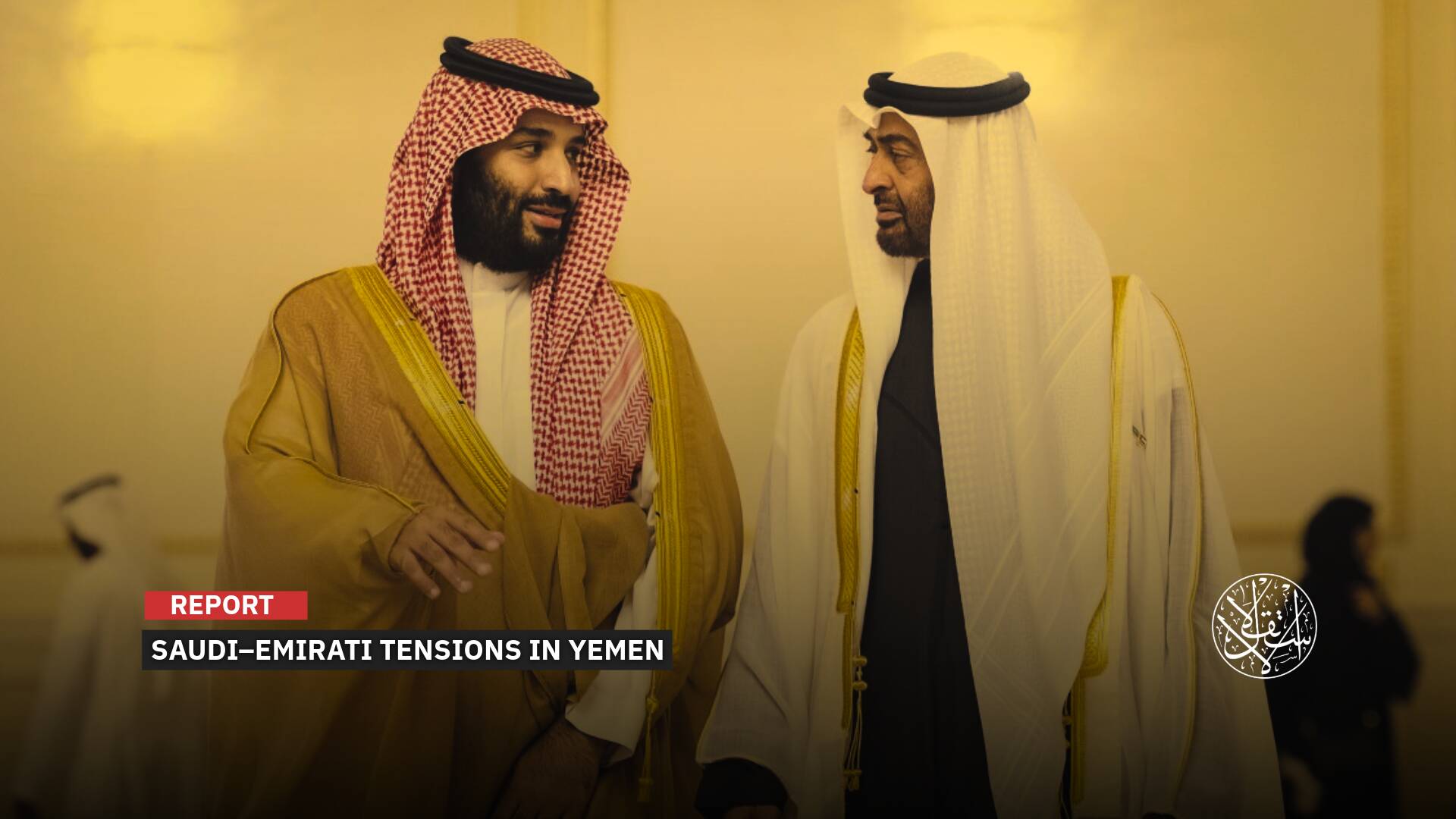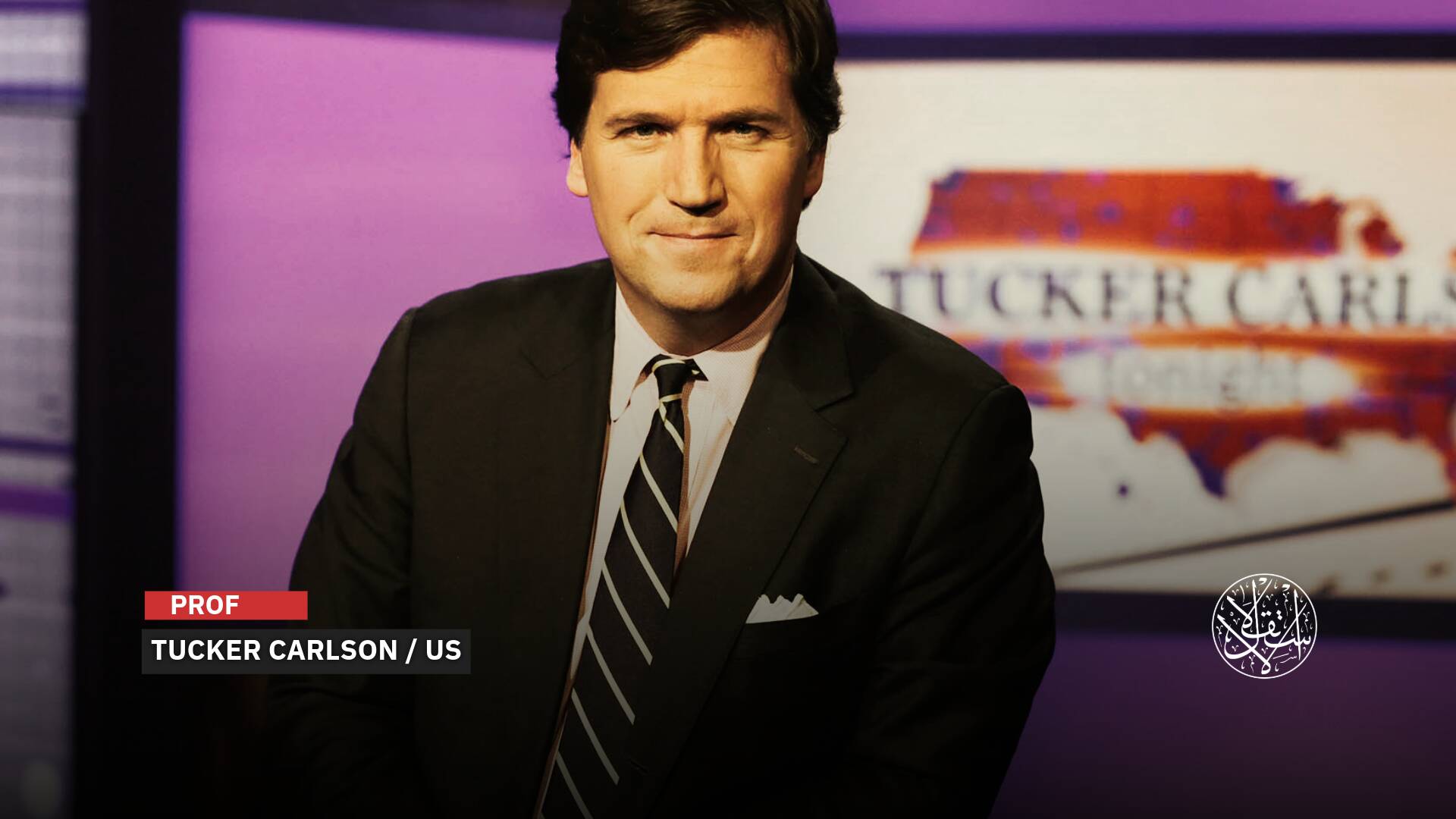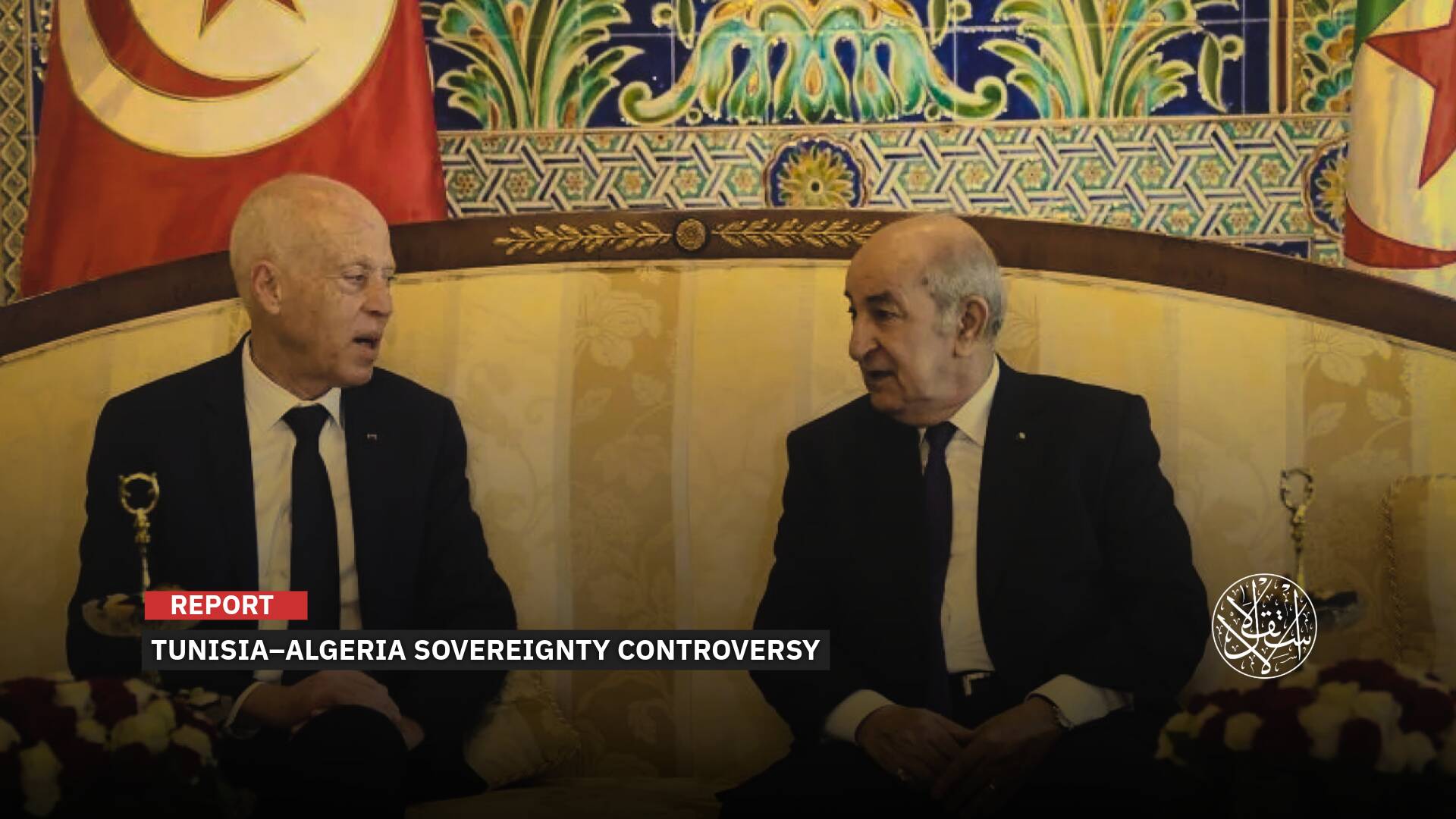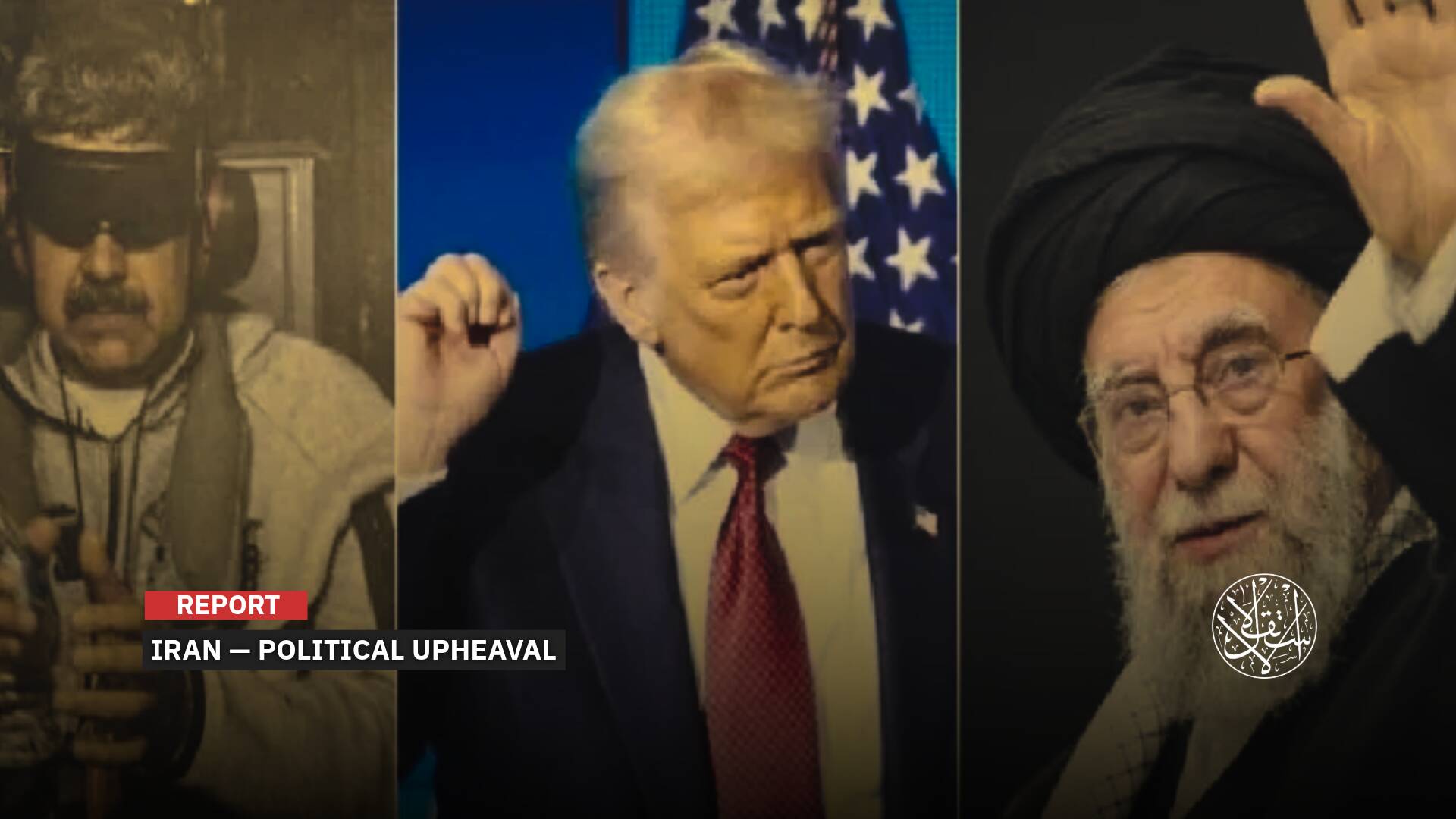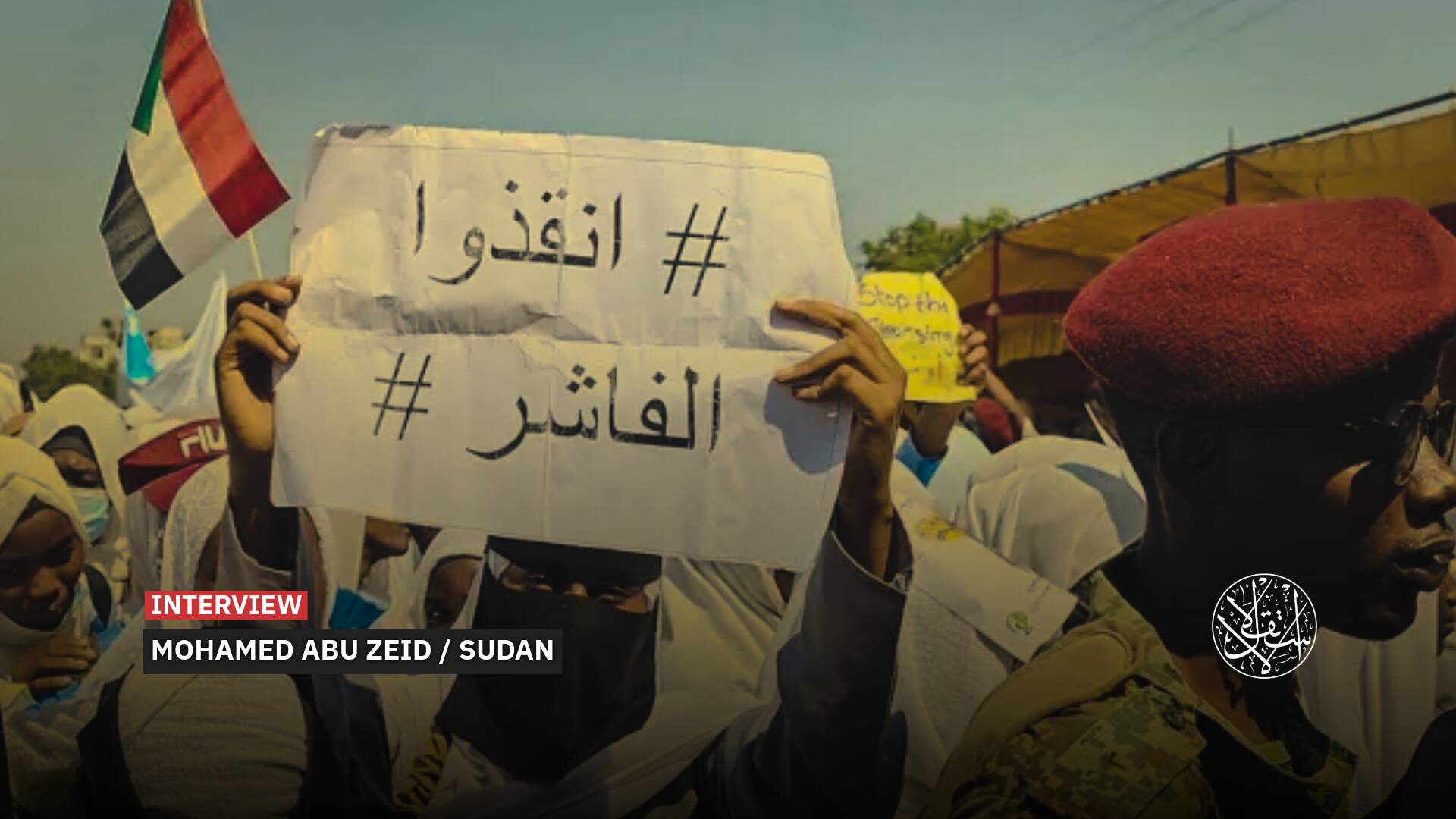A Multipolar World Without a Dollar: How BRICS Are Moving to Overthrow the West

Recently, BRICS foreign ministers met in South Africa amid escalating talk about the intention of other countries to join the group, including Saudi Arabia, Iran, Argentina, Indonesia, Turkiye, and Egypt.
The BRICS foreign ministers confirmed their bloc’s ambition to compete with Western powers, as they expressed in statements during the opening session the bloc’s aspiration for a multipolar world, calling for rebalancing the global system.
BRICS includes Brazil, Russia, India, China, and South Africa, with a total population of 3.21 billion, which constitutes about 42% of the world’s population. BRICS countries are located on 26.7% of the world’s land area and contribute about 31.5% of the global gross domestic product (GDP).
Analysts told Reuters that the group seeks to be a counterweight to the West in the wake of the Russian invasion of Ukraine and that expanding its scope may be on the agenda at its next summit in Johannesburg from August 22-24.
Since its formation as BRICS in 2006, the group has only accepted a new member, South Africa, which joined the group in 2010.
According to U.S. media, the BRICS meetings this year are an opportunity to discuss the extent to which the group has reached and its future amid increasing calls to challenge the global financial system led by the West and the U.S. dollar, stressing that Western analysts have always refused to consider the promotion of economic group meetings as a mere multilateral marriage of convenience.
Huge Potential
The American magazine Newsweek confirmed, in an article in early June 2023, that the growth of the BRICS bloc is accelerating the decline of the global influence of the United States.
The magazine pointed out that the expanding BRICS economic group is receiving more requests than ever before, at a time when the United States is struggling to maintain its influence in the global south, pointing to a growing shift in the international economic system.
Senior diplomats from the BRICS group began a high-level meeting on June 1, 2023, in preparation for the 15th annual summit of leaders, scheduled for next August.
As well as senior officials from more than 12 countries, Saudi Arabia, Iran, the UAE, Cuba, Congo, Comoros, Gabon, Kazakhstan, Egypt, Argentina, Bangladesh, Guinea-Bissau, and Indonesia, held talks to strengthen relations with the BRICS group in meetings aimed at strengthening ties between them and making them a counter force to the West.
In turn, Anil Sooklal, a veteran diplomat who serves as South Africa’s ambassador-at-large to BRICS, confirmed in an interview with the newspaper that “BRICS is not a group of countries that is in opposition to any particular grouping.”
Sooklal also expressed BRICS’s desire to cooperate with all the global bloc’s partners in both the northern and southern hemispheres, to collectively address some of the challenges facing countries, with regard to reforming the structure of global governance, demanding to make it more comprehensive and more equitable.
Although the official mission of the BRICS bloc does not explicitly imply a challenge to the West, many involved in its activities see this as a necessary goal to be pursued.
The newspaper dealt with an interview with Mohammed Saqib, secretary general of the India–China Economic and Cultural Council, in which he said that “BRICS was mainly created to represent the interest of developing countries and get their deserve,” pointing out that the bloc still possesses huge potential, and that the pursuit of pluralism and breaking the Western hegemony is what pushes countries to join the promising economic group.
Since India also maintains security and economic relations with Russia, both Brazil and China and other countries such as Iran, Syria, Venezuela, Mexico, and others have sought to challenge U.S. attempts to isolate opponents through economic means, according to Newsweek.
“I think we are living in a highly polarized, fractured world, which is very unfortunate,” the South African diplomat added in his speech, stressing the need to work collectively and that the different formations on the global front should not be seen as working in opposition to each other.

Image: BRICS Summit 2015
A Multipolar World
Regional and international issues clouded the meeting of the BRICS group, which includes the countries with the fastest economic growth in the world, which kicked off last Thursday in Cape Town, South Africa, and lasted for two days.
In turn, South African Foreign Minister Naledi Pandor said at the meeting: “The discussions focus on opportunities to strengthen and transform global governance systems with the aim of exploring synergies between BRICS and the G20 in a multipolar world.”
“The group’s vision was to provide global leadership in a world fractured by geopolitical tension, inequality, and global insecurity,” she said.
She added that the foreign ministers aim to complete a framework for accepting new members before the BRICS leaders meet at a summit in Johannesburg next August.
In the same context, Indian Minister of External Affairs Subrahmanyam Jaishankar said, in his speech, “For two decades, we have heard calls for reform of multilateral institutions, but we are constantly disappointed.”
He added that the BRICS meeting comes at a critical time when the international situation is challenging.
Jaishankar emphasized that “the gathering must send out a strong message that the world is multipolar, that it is rebalancing and that old ways cannot address new situations.”
“Today’s global environment requires that the BRICS countries deal with major contemporary issues seriously, constructively, and collectively,” he concluded.
Brazilian Foreign Minister Mauro Vieira described the BRICS as an indispensable mechanism for building a multipolar world order that reflects the devices and needs of developing countries.
Chinese Vice Minister of Foreign Affairs Ma Zhaoxu said the BRICS group could be expanded to provide assistance to developing countries and emerging market economies.
On his part, Russian Foreign Minister Sergey Lavrov said that the unipolar world order is a thing of the past.
He added, “Against the backdrop of the West’s actions, our countries…should actively seek universal joint answers to the challenges of our time.”
In this context, he indicated that Moscow welcomes the holding of a separate session in the format of BRICS Friends, with an invitation to countries that adopt a similar idea.
In turn, the economist Dr. Moustafa Shahin told Al-Estiklal that “the world is currently being reshaped using many arms of political hegemony and an economic map for all major powers or influential blocs.”
“Just as the BRICS countries are trying to strengthen their alliances and include other countries supported by China’s directions in building its Belt and Road project, which made it the first in international trade, the leaders of the G7 countries, who met last month and differed in their way of dealing with China, are also looking for new ways to dominate the global economy after the BRICS countries succeeded in overtaking them last year in terms of the size of the GDP when comparing the product of the two blocs, ”he said.
“At the same time, the European Union has also begun to look at its interests away from the United States, while India is working to be the first country in terms of growth rates for many years to come, in light of its constant sensitivity to wide openness to China,” he added.
Dr. Shahin concluded that “until the BRICS move, led by China and Russia in particular, seems to focus on a role for the group to confront the West’s policies against them; the international expansion of this gathering by including the most important emerging economies will necessarily mean that the strength of the BRICS will increase, which will eventually lead to a very significant change in the global order and the policies that lead it.”

Western Hegemony
It is noteworthy that the idea of adding more BRICS members was raised for the first time at last year’s summit in China, where 13 countries formally requested to join the group. At least six other countries have shown interest, most of them from the global south, including Saudi Arabia, the UAE, Egypt, Bahrain, and Iran.
This development raises intriguing questions about the motivations behind each country’s desire to join the group and the potential benefits they could derive from such a step.
In general, BRICS is similar to organizations such as the G20 in their representation of a move toward a multipolar world, and away from a world dominated by the United States since the end of the Cold War, as exemplified by an organization such as the G7 and the World Bank.
Arguably, other multilateral groupings are gaining influence as part of this trend, including OPEC, the Shanghai Cooperation Organization, the Southern Common Market (MERCOSUR), and the African Union.
The Global South is not considered organized at all, but it is a term that has gained currency in recent years to refer to relatively poor countries, which are sometimes referred to as developing or emerging.
The antithesis of the Global South is usually the Global North, which consists of the United States, Europe, and some rich countries in Asia and the Pacific.
The G7 has invited Brazil, India, and Indonesia to its leaders’ summit this year in what officials describe as an effort to engage with the Global South.

At present, the activities of the BRICS group are closely intertwined with its efforts to challenge the prevailing Western dominance, particularly the hegemony of the United States within the global financial system.
To this end, the group aims to establish an alternative means of conducting commercial transactions through the introduction of a new currency distinct from the U.S. dollar.
The proposal is expected to be presented at the upcoming BRICS summit in South Africa, scheduled for July 2023.
If successful, this initiative would mark a significant milestone for the group, as it would create a novel trading instrument that circumvents U.S. restrictions and sanctions. Furthermore, it would eliminate the need to rely on American correspondent banks, which is currently the case with the U.S. dollar.
Simultaneously, the BRICS group is placing significant emphasis on the establishment of the New Development Bank. This multilateral financial institution was set up with the objective of funding public and private projects through loans and direct contributions.
The group seeks to enhance the role of this bank as an alternative to other international financial institutions, such as the International Monetary Fund and the World Bank, where decisions are dominated by the United States.
Moreover, the BRICS countries have long sought to establish a new financial system for managing interbank transfers as an alternative to the Swift system, which currently connects international banks.
This measure seeks to prevent Western nations from isolating specific banks from the global financial trading system, as exemplified by the restrictions imposed on certain Russian banks during the early stages of the Ukraine conflict.
In short, the BRICS countries are actively pursuing the creation of an auxiliary international economic system by providing alternatives to what they perceive as instruments of Western financial hegemony.
This objective aligns with the aspirations of various countries of the Global South seeking to join the BRICS group, driven by a confluence of reasons.

In addition, the American analyst and journalist Clayton Morris saw that “Russia and China dealt a devastating blow to the West while working to replace the U.S. dollar within the BRICS.”
Morris added, in the Redacted News program on the YouTube platform, that “Laos, Pakistan, Argentina, and Brazil are all moving away from the U.S. dollar in conducting transactions, which increases the number of countries that seek to abandon the dollar.”
According to him, “the Western media paid almost no attention to this step on the part of the BRICS countries.”
“The U.S. debt problem and the trade deficit made the U.S. dollar less attractive as an international currency,” he said.
Sources
- BRICS ministers call for rebalancing of global order away from West
- China and Russia's Growing BRICS Bloc Speeds Decline of U.S. Influence
- BRICS expanding opportunities to influence global governance
- Are the BRICS Trying to Form a One World Currency?
- It's HERE, Russia and China just CRUSHED the U.S. and Europe with this move! with Clayton Morris [Video]


